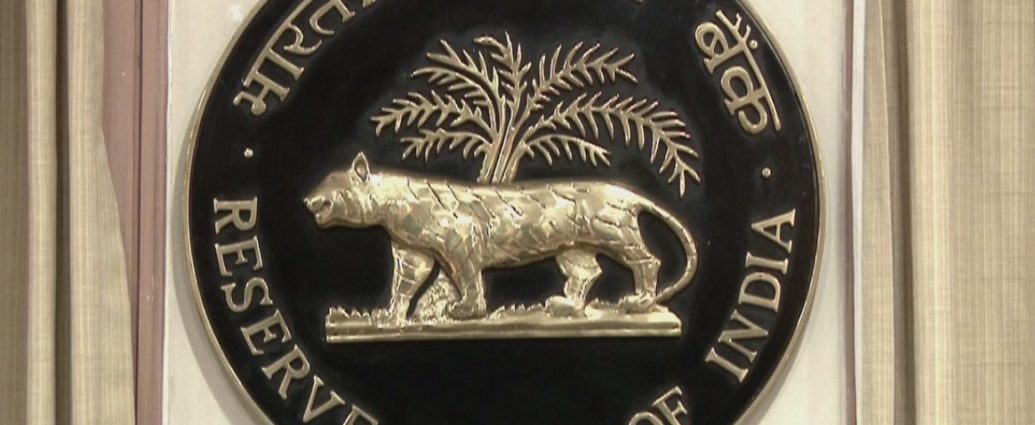TLI Staff
New Delhi: Bracing up for possible economic downturn due to the disruptions caused by deadly Coronavirus, Reserve Bank of India (RBI) has asked banks and financial institutions to assess the risks and their impact on their financial health.
“Based on the above studies, they should take immediate contingency measures to manage the risks under intimation to us,” the RBI told banks in a circular on Monday.
The central bank said that the current situation requires to be monitored closely, both from business and social perspective.
It has directed the banks to constitute a Quick Response Team for the purpose. The team shall provide regular updates to the top management on significant developments and act as a single point of contact with regulators and other agencies.
The RBI said that while the government, in co-ordination with the state machineries, is already taking steps for preventing and controlling the local transmission of disease, further steps are required to be taken by the respective banks/financial institutions as part of their existing operational and business continuity plans.
Among measures to be implemented on priority are devising strategy and monitoring mechanism concerning the spread of the disease within the organisation, making timely interventions for preventing further spread in case of detection of infected employees including travel plans and quarantine requirements as well as avoiding spread of panic among staff.
In the circular sent to top bosses of banks, financial institutions and non-banking financial institutions (NBFCs), the RBI has asked them to take stock of critical processes and revisit Business Continuity Plan (BCP) in the emerging situations.
The aim of such action steps is to ensure continuity in critical interfaces and prevent any disruption of services due to absenteeism either driven by the individual cases of infections or preventive measures.
Many central banks have acted swiftly in the wake of Coronavirus outbreak to minimize its impact on business sentiments and eased monetary policy to support the economy.
The RBI has hinted that it may also cut key policy rates to reduce borrowing cost for corporates, traders, MSMEs and consumers.

